In his delightful and exciting autobiography, ‘Light on a Dark Horse’, Roy Campbell tells of his own experiences with beggars in Toledo: “In Spain everyone with a job becomes the regular ‘customer’ of two or three beggars. They were generally blind, half-witted, or deformed, but in this way they eked out a very tolerable existence. I have even heard a beggar giving one of his clients ‘the sack’ for having passed him three days running without offering alms, and the impeccably dressed client was pleading, almost with tears in his eyes, to be taken back, and making the excuse that he had lost everything gambling at the Casino, but would rectify matters when his salary came along…. Coming from a land [England] where poverty is regarded as a loathsome and degrading disease to one where it is a sacrament; and from one where deformity is an unmentionable and sinister monstrosity to one where it is considered as a lovable eccentricity, even by the deformed one, this happy companionship was a revelation to me” (pp. 330-31). What artists of other lands have depicted beggars and bobos with as much loving sympathy as Murillo and Velázquez? Mr. Campbell, who is himself a South African, is not quite fair to England. English people, mostly poor themselves owing to heavy taxation, do not regard poverty as a loathsome and degrading disease. They have intense sympathy for it.
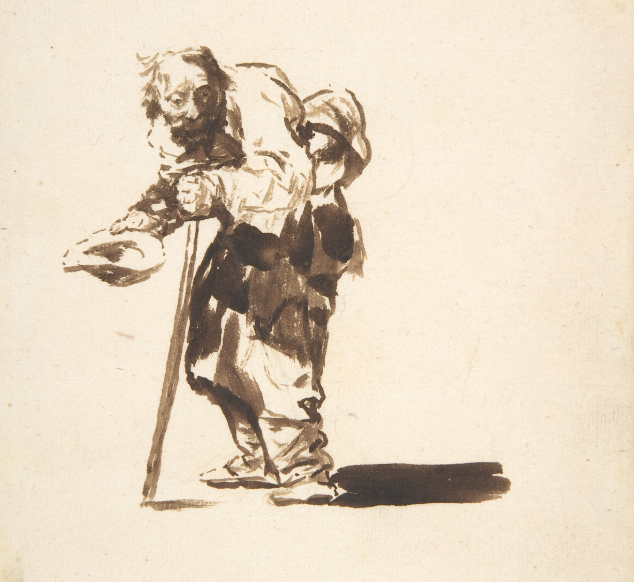
Christ in Uniform
Close at my side a girl and boy
Fell firing, in the doorway here,
Collapsing with a strangled cheer
As on the very couch of joy,
And onward through a wall of fire
A thousand others rolled the surge,
And where a dozen men expire
A hundred myrmidons emerge —
As if the Christ, our Solar Sire,
Magnificent in their intent,
Returned the bloody way he went,
Of so much blood, of such desire,
And so much valor proudly spent,
To weld a single heart of fire.
Roy Campbell


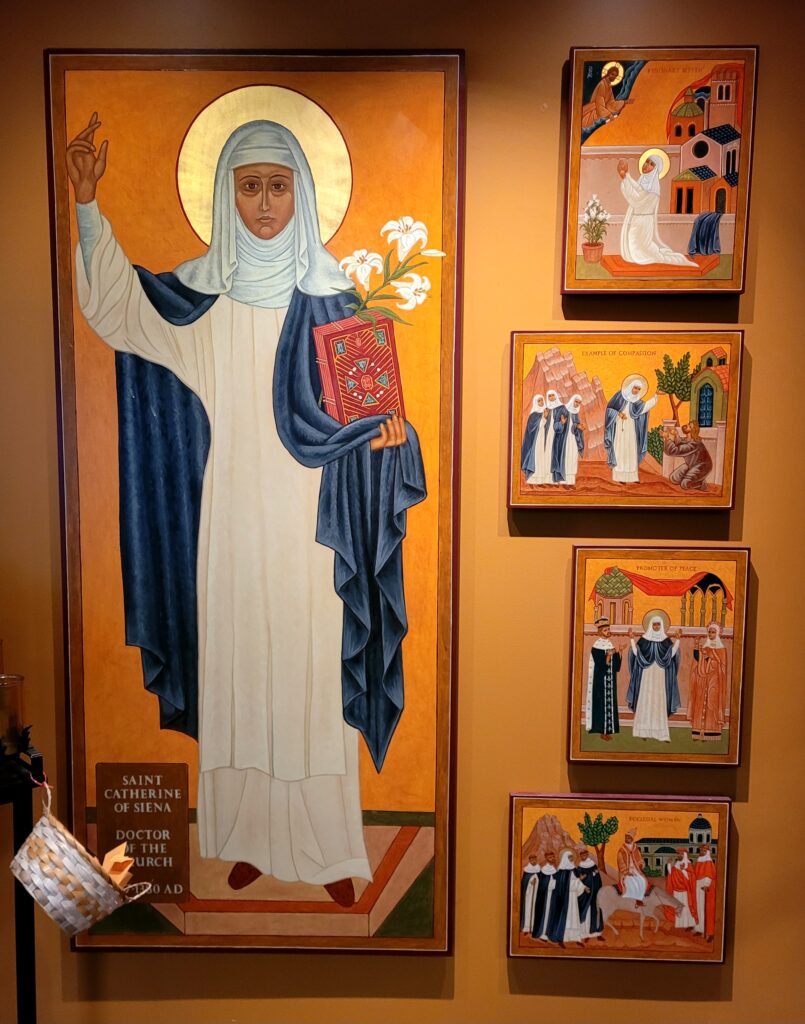
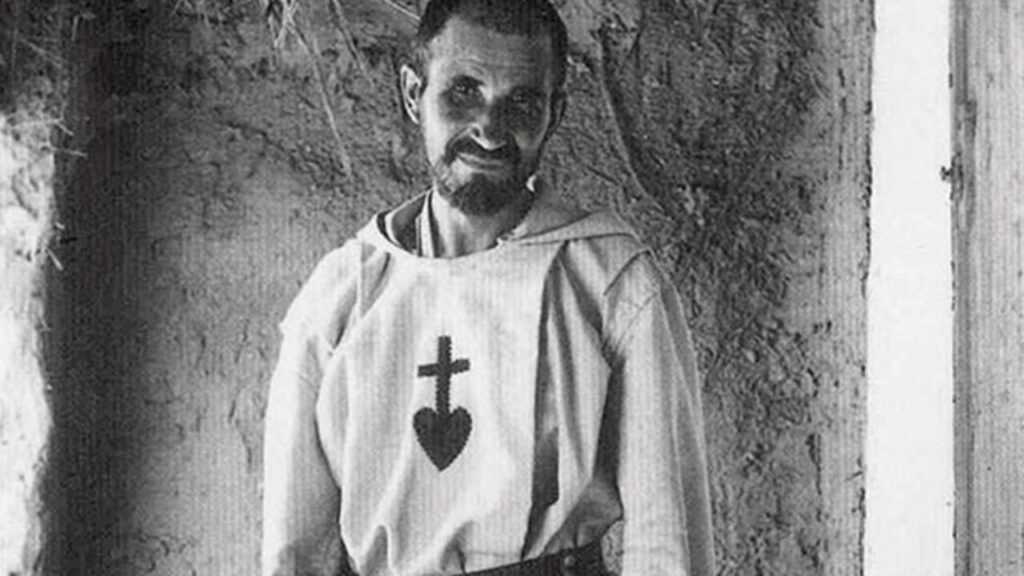
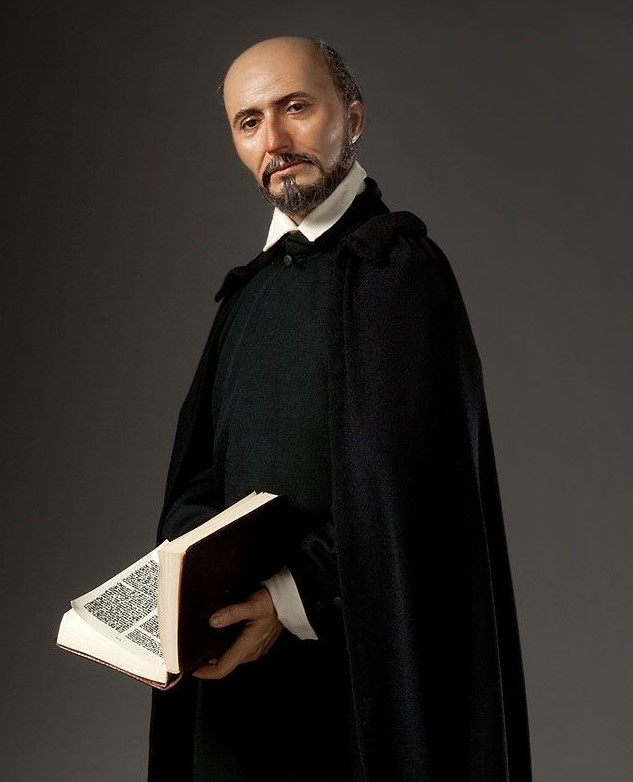
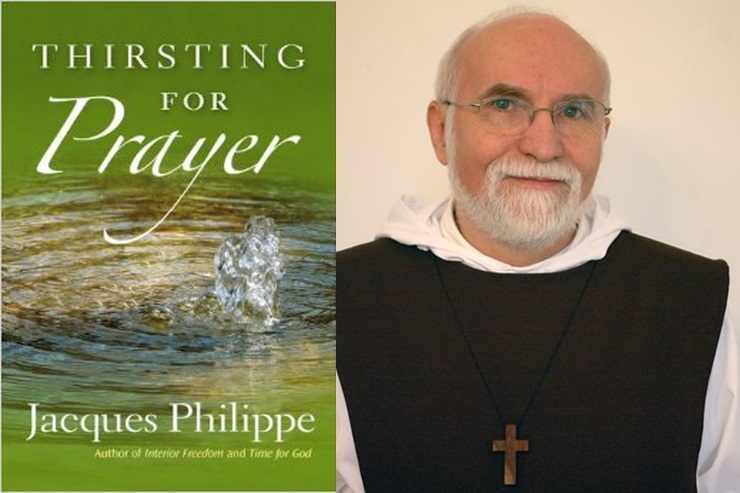
Recent Comments